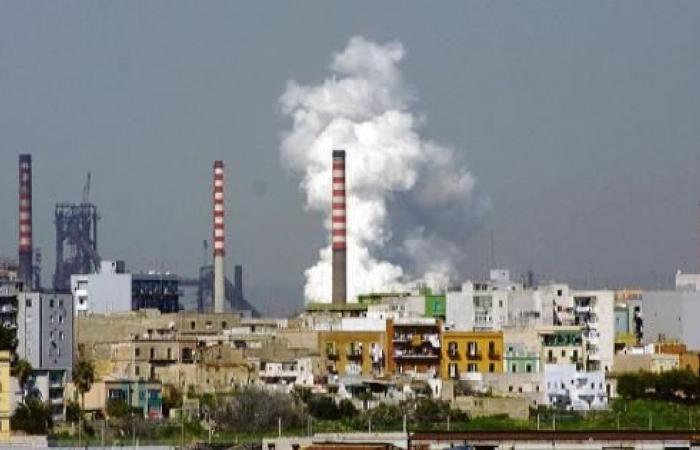
Three «nos», to all three questions posed by the Court of Milan on the interpretation of European legislation on polluting emissions from industrial plants in relation to Italian regulations. This is what the European Court of Justice decided regarding the collective injunction action against the former Ilva of Taranto promoted by 10 citizens belonging to the Genitori Tarantini association and by an 11-year-old child suffering from a rare genetic mutation.
The appellants first ask for the “cessation of the activities of the hot area” of the former Ilva, the “closure of the coke ovens, the interruption of the activity of the hot area until the implementation of the requirements” of the Hague and the ” preparation of an industrial plan that provides for the reduction of greenhouse gas emissions by at least 50%”.
It was the Company Court of Milan, in September 2022, that suspended the case on the injunction by transmitting the documents to the Court of Luxembourg. The injunction action was presented by the Tarantini Parents Association through the lawyers Ascanio Amenduni and Maurizio Rizzo Striano, the Puglia Region appeared in court ad adiuvandum. Subsequently, the signatures of over 136 citizens were collected (including the 11 in the injunction action) also for a class action for compensation.
In the hearing on 14 December, the advocate general of the EU Court Juliane Kokott argued that «according to EU directives, an industrial plant cannot be authorized if it causes excessive damage to health and only in particular circumstances is a deferral of the measures possible. for the reduction of environmental impact”. The EU Commission, in a memorandum, had argued that the environmental authorization issued to the Taranto plant is illegitimate, because it does not take into account all the harmful emissions from the steel industry and because it allowed the indefinite postponement of the interventions necessary to reduce pollution .





